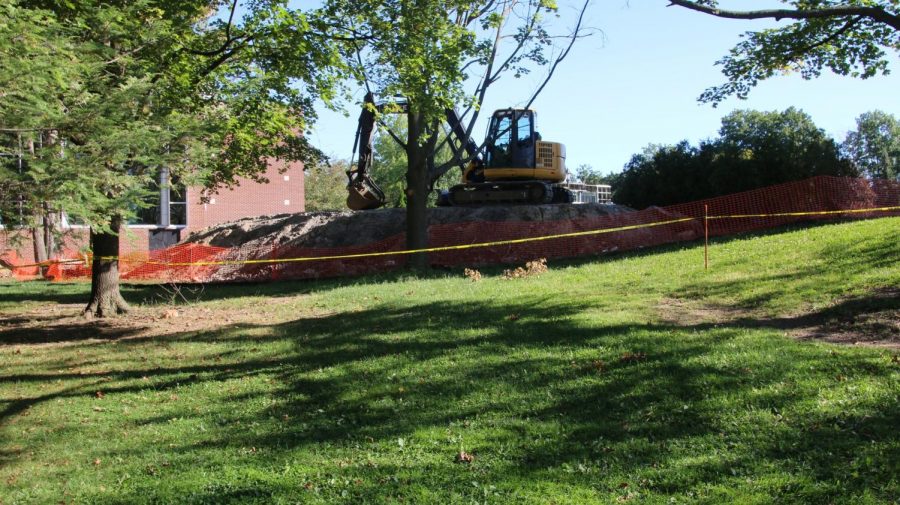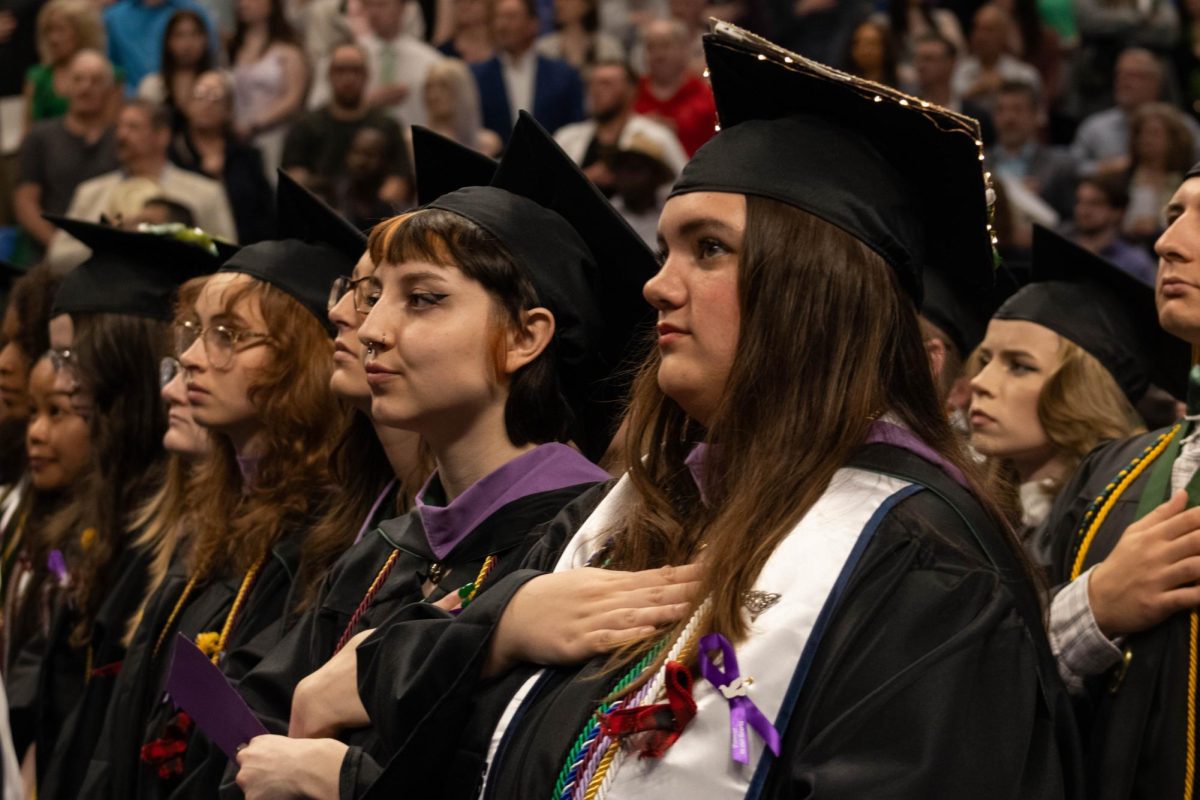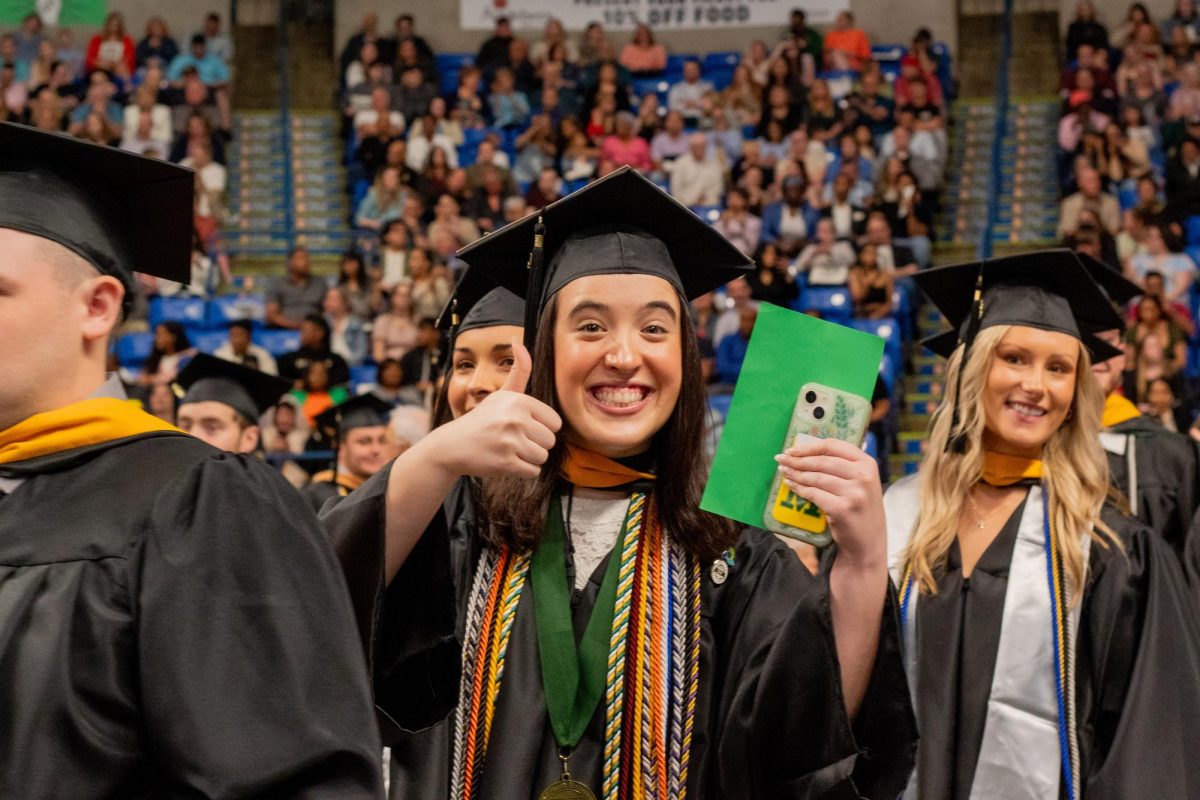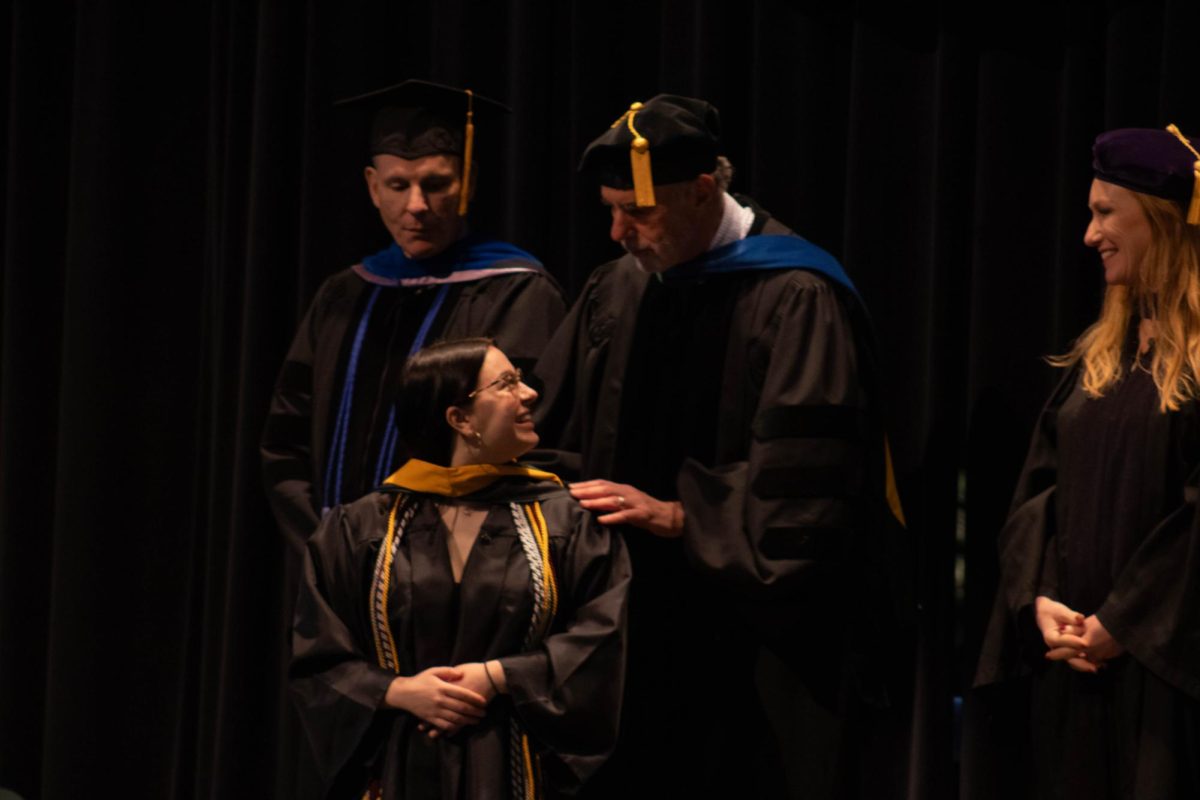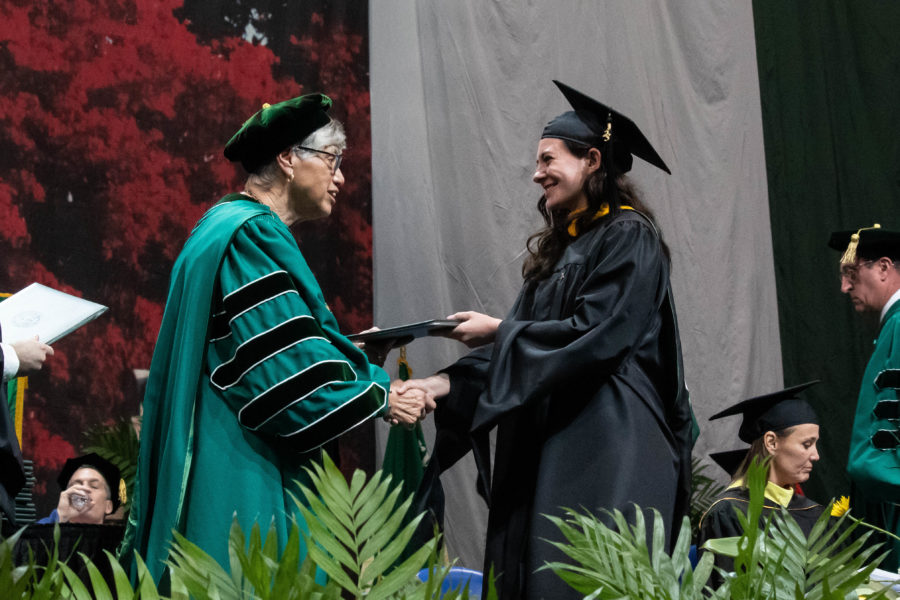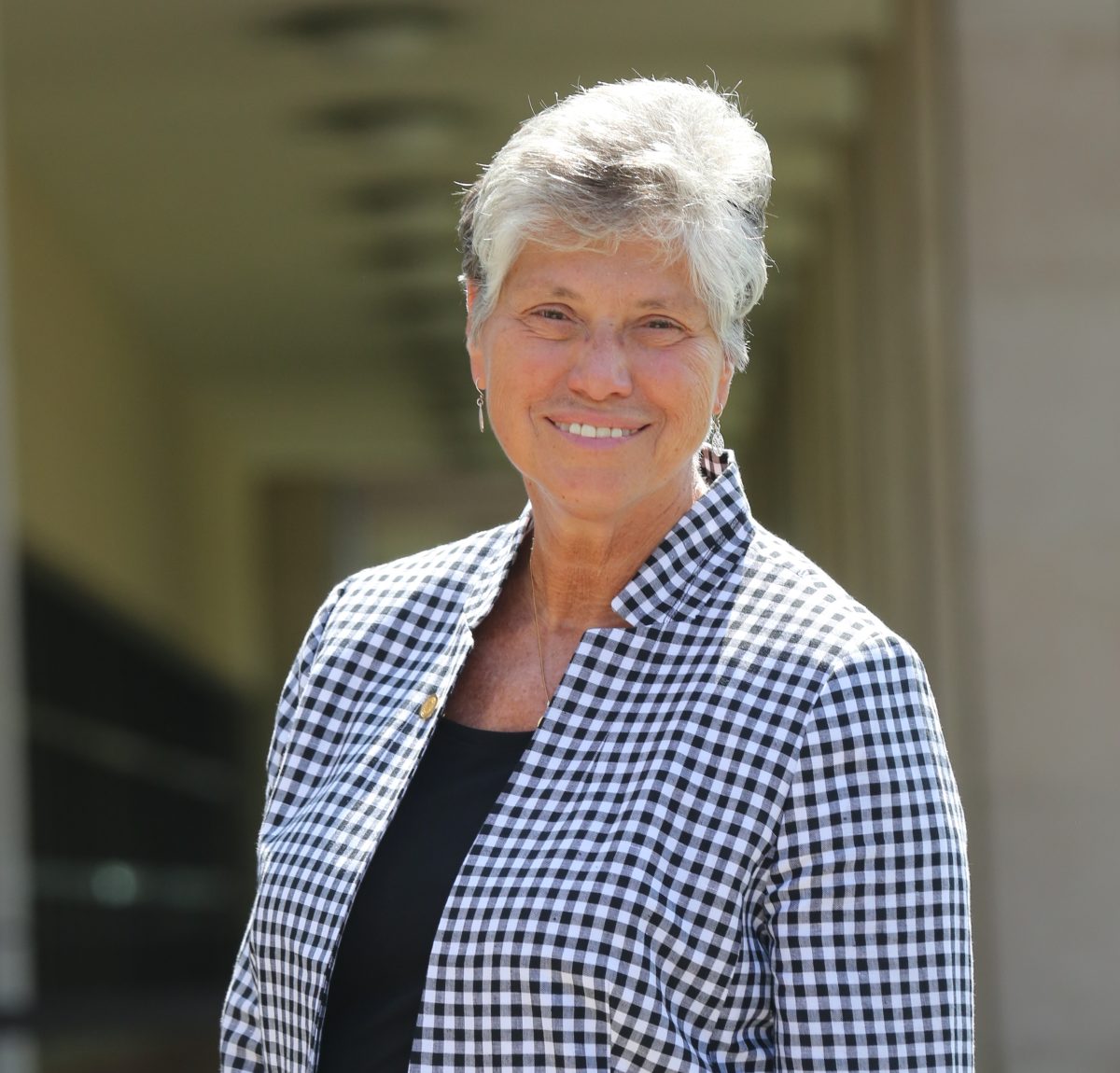Last summer, Marywood’s Buildings and Grounds department began a conversion process to strategically add additional boilers across campus.
Marywood currently uses a central heating system with pipes underground to deliver hot water throughout campus. Now, the department is shifting the university from a steam line system to a decentralized system.
Director of Buildings and Grounds Wendy Yankelitis said that if a major issue were to occur with the current system, there is the risk that a good section of campus would not have hot water. The decentralization process will prevent multiple buildings from being affected if this issue were to occur.
Each building will have one boiler for hot water and one boiler for heat. The independent boilers have been placed in the following buildings since the process began in May 2019:
- Regina Hall
- Madonna Hall
- Insalaco Center for Studio Arts
- Maria Hall
- Center for Natural and Health Sciences
Yankelitis said the department will work to prepare the following buildings for the conversion during the winter months:
- Printing/Mailing Center
- Center for Architectural Studies
- Learning Commons
- McGowan Center for Graduate and Professional Studies
- Nazareth Student Center
- Loughran Hall
- Immaculata Hall
- Liberal Arts Center
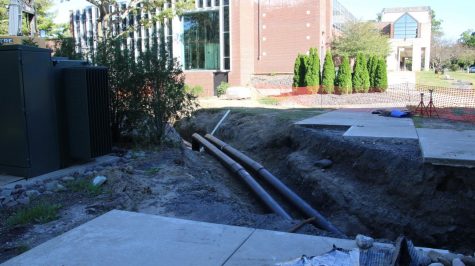
Each of these buildings will have their own system except for the Learning Commons, which will share a boiler with the Center for Architectural Studies. For this to happen, there will be piping running from the Center for Architectural Studies to a valve in the Learning Commons.
Yankelitis said the conversion in the Center for Architectural Studies has posed a challenge for the department because a new gas line is also being installed in the building.
Yankelitis said the conversion to more these more efficient systems will benefit the university in the long run.
“The goal is that this will not only help us save energy, but we’ll also save money on our utility bills,” said Yankelitis. “We’ll have much better control over the system so we’ll be able to set a temperature and maintain it.”
During the first week of the fall semester, Dean of Students Ross Novak sent an email to students saying residents of Regina Hall and Madonna Hall may experience issues with water temperature as a result of the new system being in constant use. However, the email came too late for students who experienced these issues throughout the summer.
Didactic Year Physician Assistant Student Noah Karasik-Tiewski lived on campus during both the 2019 summer one and two semesters. During the first session, he lived in the Woodlands and then moved to Regina Hall for the second session. Karasik-Tiewski said that’s when the problems began.
“Water temperature wasn’t an issue initially for me at the Woodlands. It was only until I went to Regina where the water was constantly cold,” said Karasik-Tiewski. “It was horrible.”
Junior Nutrition Major Ciara Sharkey moved into Madonna Hall on Aug. 18 for Air Force ROTC training. Sharkey said when she moved into her dorm there was no hot water.
“I would leave the water running thinking that it would eventually heat up, but the hottest it would get would be like lukewarm,” said Sharkey.
Sharkey said once the rest of the students moved in the issues continued for another week. Both Karasik-Tiewski and Sharkey said they received no prior warning that there would be issues with hot water when they moved in during the summer.
Yankelitis said the reason why Madonna Hall and Regina Hall were completed over the summer was to minimize the number of students affected by the switch over. Yankelitis said the department is working on getting Loughran Hall retrofitted so that the switch over will be quick and less impactful to students on campus.
The conversion process is projected to be done by October 2020.
Contact the writer: [email protected]
Twitter: @BrianaRyanTWW




